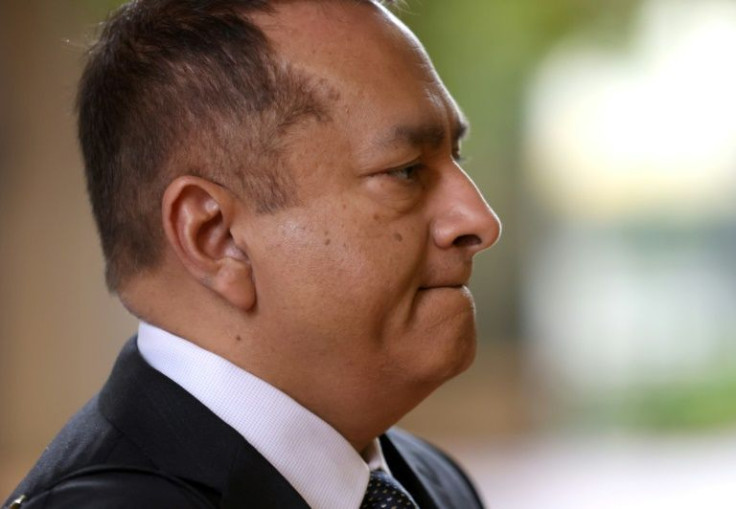Why Startups Are Struggling To Get Off The Ground
Startups are struggling to find funding amid inflation and recession fears in Q2 2022, which follows a record year of financings and IPOs in 2021.
Investments dropped by 23% to $62.3 billion in Q2 after the start of the year saw the worst of the turmoil, with an 88% drop in fundings compared to a year prior, according to The New York Times. These young companies received only around $49 billion in investment in Q1.
Fears surrounding U.S. and world economic conditions are affecting how investors look at young companies. Specifically, they both have to get picky about who they choose to invest in and careful of the investments they make as both high inflation and fears of a recession drive the current hesitancy.
However, startups are not the only ones affected by the current economic conditions. Renaissance Capital also says its IPO Index is down 43% year over year, and startup investing is not likely to recover until 2023. The latest quarter saw only six IPOs raised over $100 million, the slowest since 2009.
“Maybe someone brave or desperate will try before Q4, but I suspect, based on no hard data, it will be 2023 before there are plants to harvest,” Lise Buyer, co-founder of IPO adviser Class V Group, told Axios.
Still, while there are fewer IPOs and less funding, there is still plenty of activity. Some companies are preparing to go public and waiting to see how conditions shape up next year, or even in 2024.
The U.S. arm of Binance may attempt to get approval for an IPO, but that likely will not happen for another two to three years. Meanwhile, automaker Porsche, microchip-maker ARM and skincare company Galderma may try to go public within the year.
However, companies like Reddit and Mobileye, the self-driving car unit of Intel, both delayed their IPOs citing an unpredictable market.

© Copyright IBTimes 2024. All rights reserved.






















